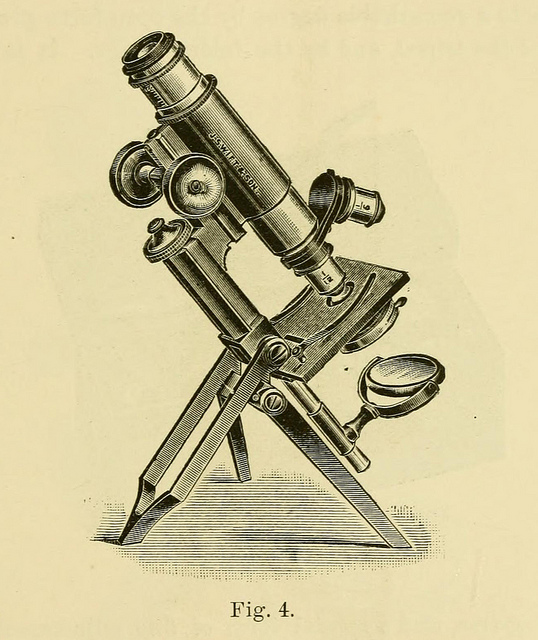After an intense lobbying campaign heavily funded by the pharmaceutical industry and featuring sick children and pleading parents, a bill called the 21st Century Cures Act (“Cures Act”) easily passed through both houses of Congress this month, and the President is expected to sign it into law. Everyone wants cancer and other dire diseases cured, but will this 996-page bill, largely fashioned by politicians and their corporate allies really work towards those ends? Many consumer advocacy groups, such as the National Center for Health Research and Public Citizen, as well as some doctors in universities who don’t take funding from drug companies, believe that the legislation will do more harm than good.
The bait that hooked the vote of many of those in Congress is the increased funding for cancer and other research at the National Institutes of Health, although Congress still may not appropriate this funding each year. Members of Congress also liked the idea that the bill would streamline the FDA approval process for prescription drugs and medical devices. But, our FDA approves these products faster than its counterparts in other part of the world and approves almost 90% of products put forward. And, it does so already increasingly and worryingly under lower standards than in the past. Many drugs are approved that turn out not to work at all. These drug often stay on the market nonetheless.
As a result, we all pay higher drug and health costs.
The 21st Century Cures Act would actually set some standards at the FDA back to the 20th century, as less reliable evidence would be accepted, such as anecdotes or patient experience, and observational studies, notoriously less trustworthy than randomized, controlled clinical trials.
While more than 200 patient groups supported the Cures Act, most of these groups receive a substantial portion of their support from the pharmaceutical companies that stand to benefit most from the bill.
As StatNews reported, most of the 1,300 (!) lobbyists pushing for the Cures Act worked for the pharmaceutical industry. Not surprisingly, the primary congressional sponsors of the bill, Representatives Fred Upton (R-Mich), and Diana DeGette (D-Colo) received some of the largest donations from pharmaceutical companies among members of Congress.
Although the increase in funding for the National Institutes of Health hardly needed to be linked to the provisions of the bill likely to harm public health, there are other provisions that may be beneficial. Some funding will be allocated to help states fight the opioid drug epidemic, ironically created in large part by marketing campaigns by the drug industry. A rider to the bill also boosts funding for mental health care.
Here’s more from Just Care:











…a “poison pill bill” but with the main legislation not the riders being the bad part. Indeed, with the DEA tightening restrictions on CBD cannabis derivatives next month (moving them to Schedule 1) and still looking to make Kratom a Schedule 1 substance as well, relaxing the regulations on testing so pharma companies can push their products out sooner only benefits them more. This only puts people at more risk for potentially harmful side effects that could slip through a more abbreviated evaluation period just to rush it to market. We’ve seen in other industries such as auto making and aerospace where short cutting a process resulted in an inferior product sometimes with disastrous results.
This is why I was against the measure in spite of funding Biden’s “Moonshot” programme and the increase for mental health funding.